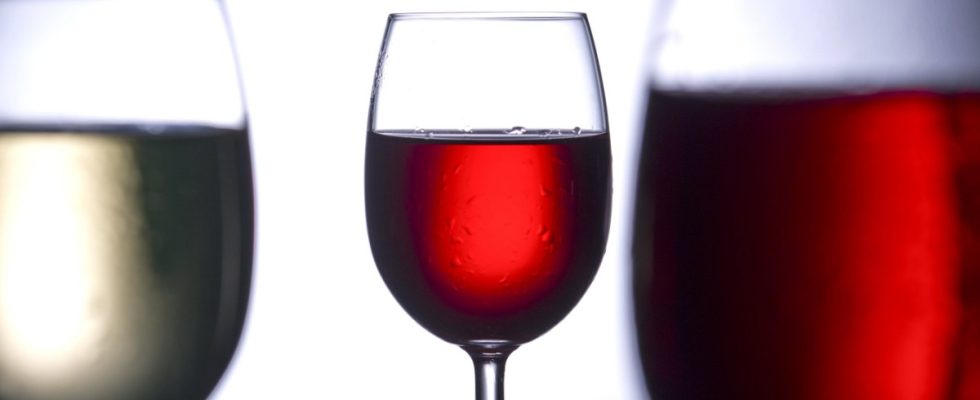Self-pity and regret are guaranteed to always come too late. The vows to abstain in the future (“never again”) immediately vanish into thin air as soon as the hangover has disappeared and the head is no longer buzzing. There are many reasons why people may feel unwell after alcoholic evenings. It could be a quality problem – a defect that already exists Blattshot brothers in their tavern ballad from the “Kreuzberg Nights”: “One of the thirty beers yesterday was probably bad.” Sometimes it is also because consumers simply misjudge the dose that is just digestible (“Seven barrels of wine can’t be dangerous to us”). In almost all cases, however, the discomfort is a matter of the mind.
It is in this context that one should see the headache that befalls unfortunate contemporaries after drinking – sometimes even small amounts – red wine. Now, a red wine headache doesn’t require Red Cross involvement, but it’s still annoying. Researchers at the University of California at Davis have identified a suspicious substance that can cause even moderate drinkers to complain of headaches after red wine, even if they tolerate other alcoholic beverages well. The symptoms usually begin within half an hour to three hours after the first sip. According to the scientists, quercetin, a yellowish natural pigment found in many fruits and vegetables, may be responsible for the post-wine pain.
There is a particularly high amount of quercetin under the skin of the grapes. During the production of red wine – unlike white wine – the skins and seeds come into contact with the must, which is why red wine contains more quercetin than white wine. After storage in wooden barrels, scoffers call it “Schreiner wine,” more quercetin is also released into the vine juice. Greater exposure to sunlight also increases quercetin levels. “Those who cultivate grape varieties like this, like here in Napa Valley, get up to five times higher concentrations,” says Andrew Waterhouse, a viticulture expert involved in the study. In the body, the substance interferes with alcohol metabolism. An enzyme in the liver is inhibited and increased amounts of acetaldehyde are produced – a breakdown product of ethanol that triggers the typical hangover symptoms.
However, there are other reasons for headaches and hot flashes after drinking red wine. Some people – middle-aged women are particularly affected – do not tolerate foods containing histamine well. While hardly any of the messenger substance can be found in white wine, it is found in larger quantities in red wine, mature cheese, but also in seafood and offal. The evening invitation can therefore end well before time, with red spots on the face and dizziness. However, sometimes there are also very banal reasons for the heavy head the next day: if the alcohol has clouded your view of the bad company you were in and in which things happened, of which headaches are the least serious side effect.

